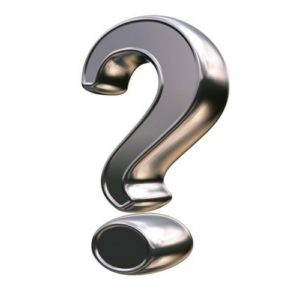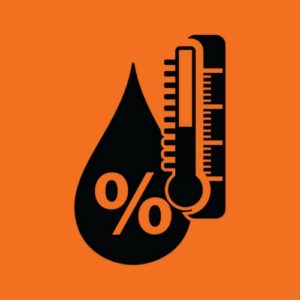Today’s modern boiler systems are very efficient, using methods of heat retention to help heat water that is recycled through your home, thus helping to save money on your energy costs.
However, for many residents of Port St. Lucie, FL, the boiler is still quite a mysterious component of your heating system. Below are answers to some questions often asked about boilers.
Question 1 - Does a boiler actually boil water?

The hotter that the water is in your boiler, the longer it will stay hot in your pipes; however, an efficiently operating boiler should be able to heat the cold water inside your pipes to at least 60 degrees.
This is well below the boiling point of 140 degrees. The reason for this is that it takes a lot more natural gas fuel to heat water to a boil, so keeping the water at a lower temperature helps keep natural gas costs down.
Question 2 - How does a boiler really work?

A boiler is fueled by the natural gas that flows from the natural gas company’s pipe into your home. To turn the boiler on, you flick a switch, and the boiler ignites with a clear blue flame.
This heats the cold water in your home’s pipes, which is then warmed and pushed upwards to all of your radiators.
As it cools, it flows back to the boiler, where it is rewarmed, recycled and sent back up through the pipes to do the job again.
Question 3 - Is high water pressure necessary to run a boiler?

The water pressure needed is usually specified on the unit’s identification tag. The usual setting is 12- to 15-psi, which is not that high.
Most homes have a water pressure that is higher than that, but if it is lower, the warmed water in your pipes may not rise high enough to heat upper levels.
On the other hand, the psi should not be higher than this, or the heating water may not have room to expand in your pipes and cause higher fuel bills.
Question 4 - Do water heater systems humidify the room?

Water heated systems do not humidify a room, although it is moister air than is emitted from electric heat or wood-burning fires.
As is true of any heated space, the air in the room will dry out a bit as it warms.
If your house is older, you can humidify the room naturally by placing jars of water on top of the radiator.
Question 5 - Why are boilers energy efficient?

Boilers are energy efficient because the newer condenser style does not have a flue, which means that no warmth escapes into the outside air.
A flue style boiler can vent about 25% of the heat that you pay for in the form of steam.
Newer models collect condensed vapor and use it again and again, feeding heat back into the system.
Question 6 – How can an energy efficient boiler save money?

The most energy efficient boilers are contemporary condenser models, which have been installed in homes since the nineties.
Your heating system’s overall efficiency can be increased by almost 93%, which in turn reflects as substantial savings on your energy bill.
This makes the installation of a new condenser boiler an excellent idea for those who find that their old style with a flue is leaking air and costing them money. In conclusion, installing a new boiler can be well worth it, as it can save you thousands of dollars. The new units also ensure that your home’s air is not polluted by the carbon dioxide that sometimes escapes from boilers operating from a boiler with an old-fashioned flue.
If you are going to go to the trouble and expense of installing a new boiler, you might also want to consider calling in a professional for an assessment of your plumbing system. This is because improving your water pressure will allow your new boiler to operate as efficiently as possible.

